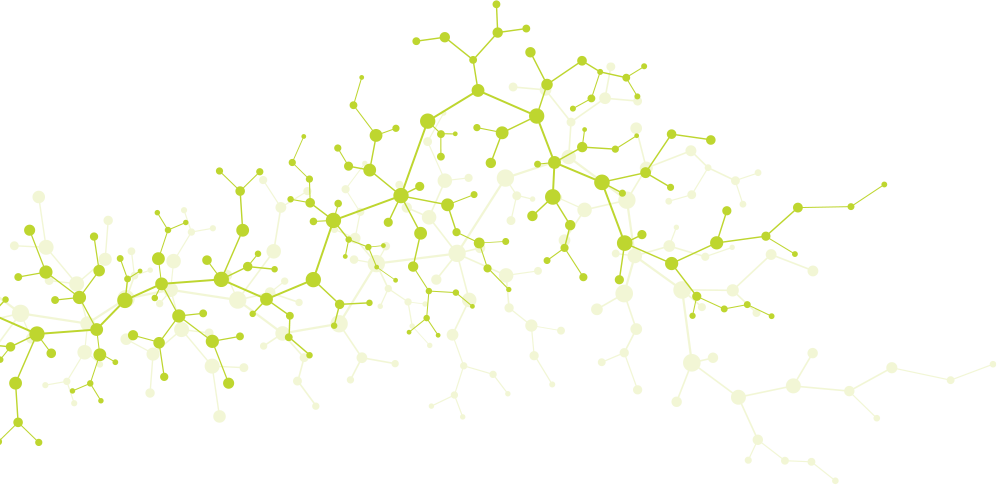Low motivation, self-worth, or tolerance to stress? Check your dopamine

When a person has low self-esteem, low motivation, feelings of hopelessness and worthlessness, and is prone to temperamental outbursts, it’s common to pin that on some deep-rooted psychological issue. Although this can be the case, sometimes simply being low or resistant in the brain chemical, or neurotransmitter, dopamine can cause these symptoms.
Do you suffer from these symptoms of low dopamine?
- Inability to self-motivate
- Inability to start or finish tasks
- Feelings of worthlessness
- Feelings of hopelessness
- Lose temper for minor reasons
- Inability to handle stress
- Anger and aggression while under stress
- Desire to isolate oneself from others
- Unexplained lack of concern for family and friends
These symptoms not only make one’s life miserable, they also can lead to loss of relationships, jobs, and a sense of meaning in life.
Dopamine is linked with pleasure in the brain. We need dopamine to feel enjoyment, a sense of reward, and for motivation to get things done or even go do something fun. Dopamine is what enables us to focus and concentrate and see a task through to completion. It also helps with libido.
Dopamine also allows us to stay calm under pressure and not lose our temper. People with low dopamine snap or explode easily or become aggressive. Then they may feel bad about it later.
At the extreme end, chronically low dopamine is associated with Parkinson’s disease. Dopamine is also linked with addictions.
Dopamine and hormones
It’s common to see symptoms of low dopamine in aging men. This is because dopamine activity depends on sufficient testosterone in men. In women it’s linked with low progesterone.
In functional medicine we like to try to address the underlying factors of why hormones are low in the first place. However, there are times bioidentical hormone replacement therapy may be warranted to address chronically low hormones and thus low dopamine symptoms.
Nutritional compounds that support low dopamine
While it’s important to address the causes of why dopamine may be low, there tends to be a “catch-22”. Those who are dopamine-deficient typically lack the motivation and follow-through to comply with changes to their lifestyle that would help them become less dopamine-deficient.
In these cases, some supplemental dopamine support can help boost their motivation to address their neurotransmitter imbalances.
Ingredients that have been shown to help support dopamine include mucuna pruriens, also known as cowhage, and the amino acids D, L-phenylalanine, beta-phenylethylamine, and N-acetyl L-tyrosine. Vitamin B-6 (P-5-P), selenium, blueberry extract, and alpha lipoic acid provide cofactors and additional support.
Foods that support dopamine contain high amounts of phenylalanine and include primarily animal products in addition to oats and chocolate. Phenylalanine is an essential amino acid, meaning our bodies can’t make it and it must come through diet. As such, vegans and vegetarians may need to make sure they are getting enough of this amino acid supplementally.
However, if you eat animal products and still have a dopamine deficiency, eating foods high in phenylalanine likely won’t do much.
The more important thing to do for many people is eat a diet that stabilizes blood sugar. Eating foods high in sugars and processed carbs on a regular basis will sabotage healthy dopamine activity.
Additionally, sufficient iron is necessary to make enough dopamine. If you are iron deficient this could explain your low dopamine symptoms. Many factors can cause iron deficiency, including anemia, gluten intolerance, and uterine fibroids.
Considering everyone is different, consult with your functional medicine provider to determine what factors above may provide the greatest effectiveness in your situation.
Dopamine clearance is important too
Just as making enough dopamine is important to feeling good, so is being able to clear dopamine out of your system. This makes dopamine activity more efficient. Proper clearance requires magnesium and methyl donors, such as betaine, folic acid, and methyl B-12.
The use of diuretics, over exercising, estrogen replacement therapies, low stomach acid, and long-time use of dopamine-based antidepressants can all hamper proper clearance of dopamine.
Overstimulated and Resistant
Perhaps the most important factor relating to low dopamine symptoms isn’t because of low dopamine at all but rather desensitization.
In this world of commerce everything you can think of has been sold. Marketers are doing whatever they can to maximize the firing of your reward (dopamine) systems as to keep you hooked on their product.
What fires these systems? To name a few: sugar, caffeine, nicotine, recreational drugs, videogames, social media, certain sounds, lights, and the list goes on. If you think about it, your day is flooded with these dopamine fixes from sunrise to sundown.
What does your brain have to say about this? It figures if you are getting enough already it’s not going to waste its time to make its own. In addition, the brain tries to protect you by slowing down the reaction it has to dopamine through receptor desensitization so essentially giving you a double whammy of depreciating motivation and self-worth.
What’s the fix? That’s actually pretty easy: minimize sugar, caffeine, videogames, social media, [insert stimulation factor here]. Over a short period of time, receptors will increase sensitivity again and the brain starts making more of its own motivation chemicals. In addition, replace these quick dopamine fixes with other healthier habits providing delayed, but meaningful gratification to your life.
Ask our office for both nutritional and functional neurology rehabilitation support for your low dopamine pathways. One easy way to build dopamine is to pick something you have low motivation around and do one very small, positive thing in that direction regularly. For instance, if you want to build an exercise habit, start with one body squat a day and build from there. The rewarding feeling of accomplishment is effective in building your dopamine pathways whereas beating yourself up for never getting around to that hour long intense Crossfit workout can further drive it down.
